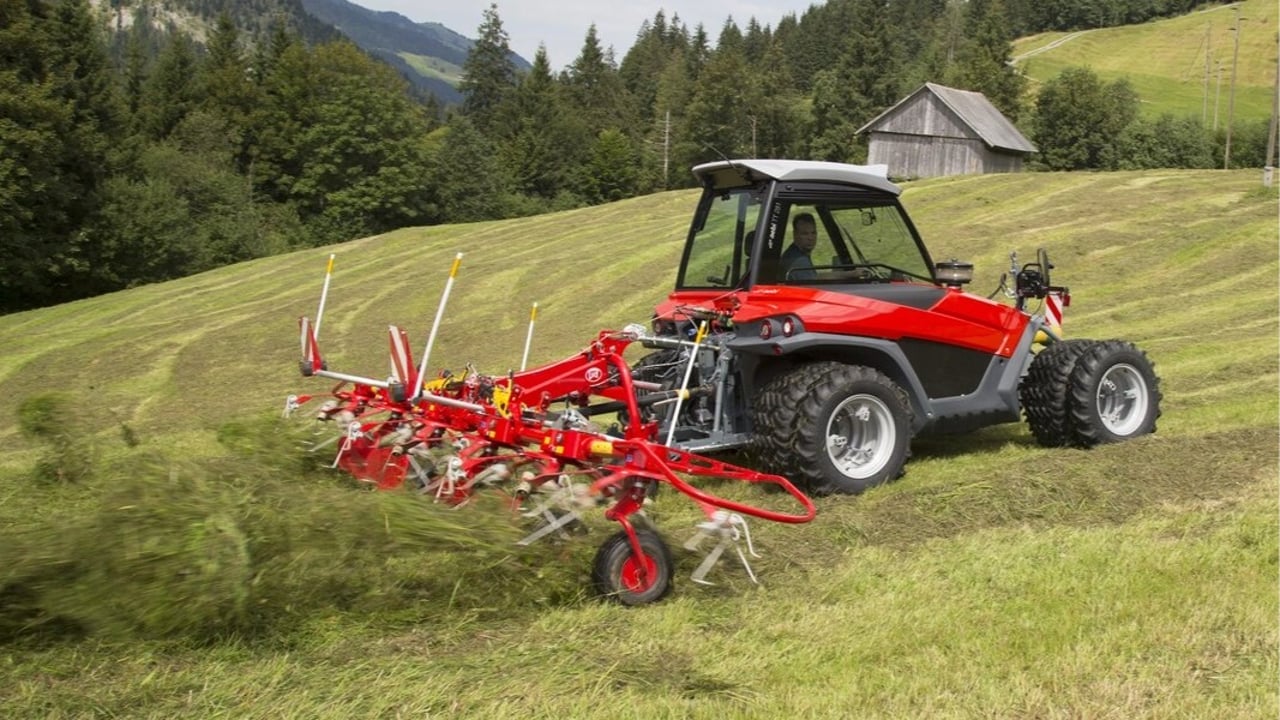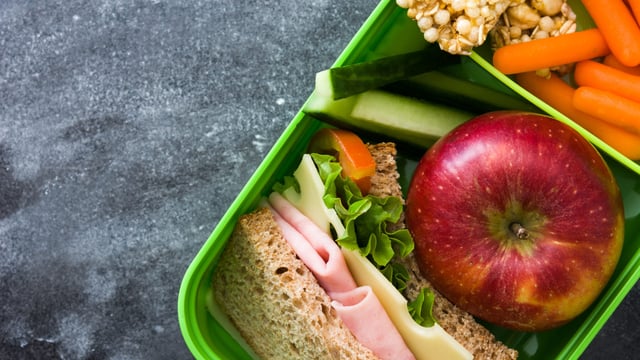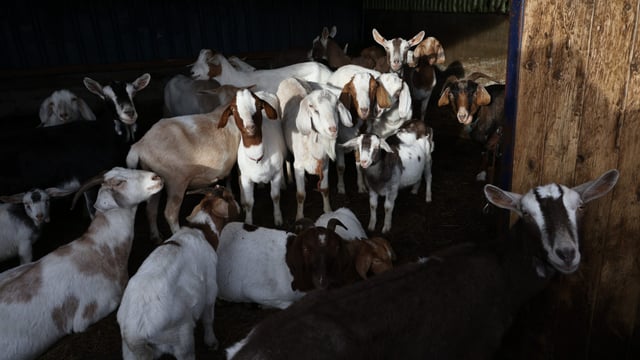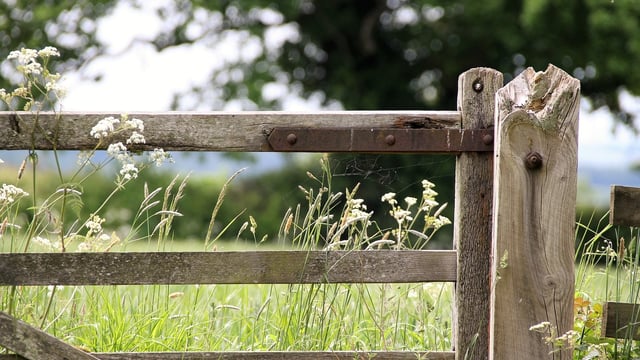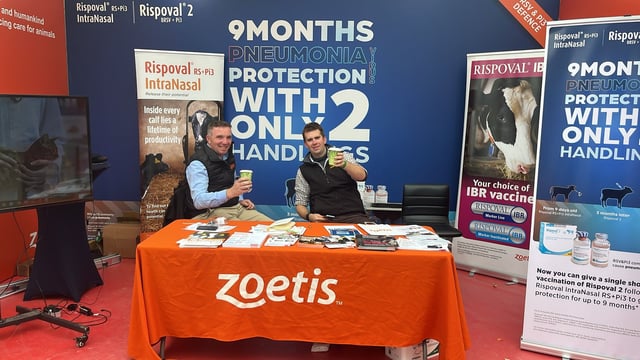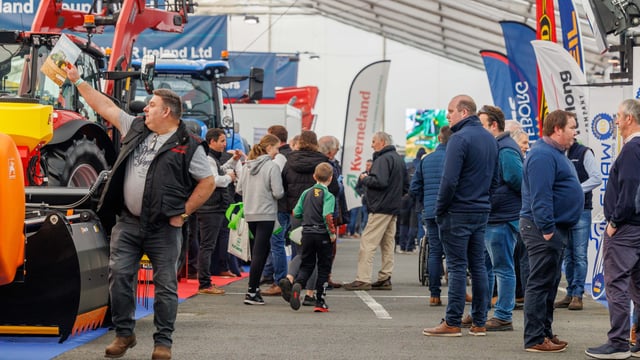DLG announces 2025 winners of gold and silver innovation awards
The Deutsche Landwirtschafts-Gesellschaft (DLG) or German Agricultural Society has announced its 2025 awards for innovation, with two golds and 22 silvers being given this year chosen from over 250 entries.
These medals are much coveted in the machinery industry, and the DLG reserves the right to issue as many as it wishes, or even none at all, for they are a recognition of an achievement rather than it being a competition.
The medals will be awarded at Agritechnica this November, which starts on November 9 and runs for eight days in total.
Four-wheel drive problem solved
The first gold medal goes to Muller Landmaschinen Gmbh, which has jointly developed a new land drive system with Aebi & Co for its Terratrac slope tractor.
The system appears to be a novel design rather than a development or upgrade of an existing machine.
It introduces a new form of final drive that ensures all the wheels are turning at an appropriate speed on a four-wheel drive vehicle.
This is a distinct advantage over conventional arrangements, where differentials are used to accommodate the difference between wheel speeds across each axle and between the two drive axles when cornering.
Conventionally, the differentials are locked to ensure traction, but with Muller's Line Traction drive, each wheel remains powered while rotating at a different speed to its counterparts.
The clever engineering takes place in the planetary final drives, where the planetary carrier is no longer attached directly to the axle but is mounted and controlled hydrostatically.
The new drive system ensures that four-wheel drive can be more safely used on slopes, for the vehicle is not being forced to travel in a straight line, as is the case when differential locks are used.
This means that turning and cornering, or even driving across slopes, can be more safely accomplished.
It is this, along with the novelty of the engineering, which appears to have impressed the judges.
New square baler from Claas
The 70t (70 tonnes per hour) square baler from Claas, on the other hand, demonstrates the value in continually refining established designs.
This second gold award recognises that, on the whole, machinery improves incrementally rather than by sudden revolutions.
The company has taken a long hard look at the big square baler and made many improvements to the basic design.
The drive train is where the most attention has been paid, and it is this which sets the new machine apart from its predecessors, for although it still relies on flywheels and piston, it is the management of this feature which has been completely rethought.
It is a sign of how things are advancing that one talks about the management of the power input into the baling operation, where before we just had a drive shaft and sheer bolts, maybe a slip clutch if lucky.
Claas have introduced seqential start-up for the various components of the machine with the flywheels, piston, and rotor all starting one after the other to reduce the initial strain on the tractor.
In the event of a blockage, the flywheels are immediately decoupled and the piston is positively braked, avoiding any damage being done to the baler.
Tractor implement management (TIM) has also been brought to square baling, and having decided upon the the baling strategy, the operator can hand over many functions to the baler itself.
Silver medals
22 silver medals were also presented this year with Deutz Fahr gaining one for bringing advanced driver assistance systems (ADAS) to tractors from the automotive world. This includes lane guidance and all-round people/object recognition.
Lemken has also been recognised for developing an automatic fan speed control for its drills, while Nokian Heavy Tyres Ltd has had its Smart Pressure, real-time inflation guide rewarded with a medal.

